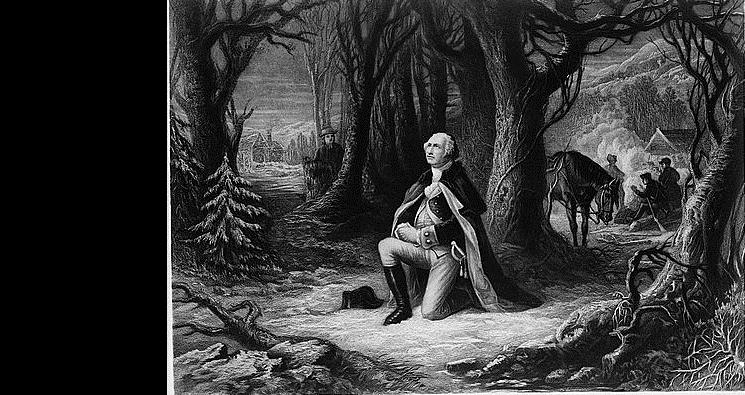Court Rules Prayer Proclamation Unconstitutional
Just a week after “record turnout” for the National Day of Prayer, as millions joined together in prayer all across America, a state appellate court has declared the proclamation of a day of prayer unconstitutional.
The Colorado Court of Appeals has ruled that the Governor’s Colorado Day of Prayer proclamation, which was first issued in 1905, is unconstitutional.
The Freedom From Religion Foundation (FFRF), an atheist group which has sought to stamp out any semblance of our religious heritage from public life, originally filed the lawsuit in 2008.
In 2010, the state trial court had dismissed FFRF’s suit ruling:
[T]here is nothing controversial about a restatement of a right protected by the First Amendment of the United States Constitution…the proclamation [does] not have the force and effect of law, and even if [it] did, the language does not support the foundation for a state religion, but only an acknowledgment of the rights of the citizenry as recognized as far back as the Declaration of Independence.
Yet, the state’s appeals court overturned that decision last week, holding:
A reasonable observer would conclude that these proclamations send the message that those who pray are favored members of Colorado's political community, and that those who do not pray do not enjoy that favored status . . . . In doing so, they undermine the premise that the government serves believers and nonbelievers equally.
Just last year, the FFRF lost two challenges to prayer proclamations. First, their suit against the Presidential National Day of Prayer proclamation was thrown out by the Seventh Circuit Court of Appeals. After losing that challenge, the atheist group attempted to stop a day of prayer in Texas, only to have that suit thrown out by the district court.
As the ACLJ has consistently argued in multiple cases defending public prayer proclamations:
[T]o hold that . . . calls for . . . Americans to pray and fast violates the Establishment Clause would be inconsistent with Marsh v. Chambers, 463 U.S. 783 (1983) and the long history of official government acknowledgment of religion in American life – specifically with the long history in this nation of legislators and executive officials calling this nation’s people to prayer.
Congressman Doug Lamborn (CO–5) has written a public letter to Colorado’s Governor, John Hickenlooper, urging him and the state’s Attorney General to appeal the ruling to the state Supreme Court. As the letter notes, “[M]ore than 70 percent of Colorado’s population . . . regard prayer as an integral part of their faith.” The letter specifically thanks the Governor for issuing the “Colorado Day or Prayer” proclamation “recognizing the importance of prayer to Coloradans and the constitutional right of all Americans to pray both publically and privately.”
While governors in all 50 states have historically issued prayer proclamations, FFRF’s challenge in Colorado is particularly poignant considering the fact that the National Day of Prayer Task Force, which organizes many of the nation’s National Day of Prayer activities, is headquartered in Colorado.
